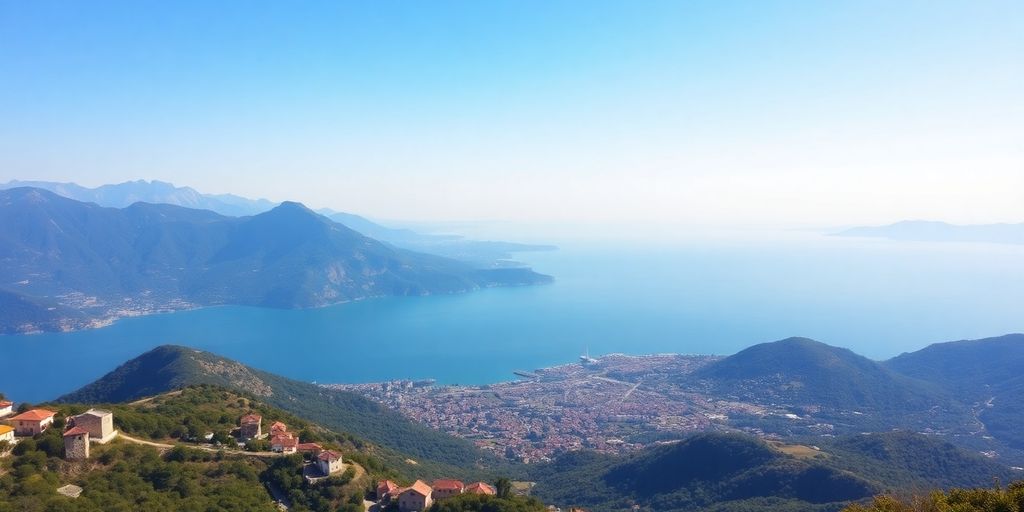Montenegro and Albania have officially joined the Single Euro Payments Area (SEPA), marking a significant step in their journey towards European integration. This historic decision, approved by the European Payments Council (EPC), allows these countries to participate in a unified payment system that facilitates euro transactions across borders, enhancing economic cooperation and financial efficiency.
Key Takeaways
- Montenegro and Albania are the first enlargement countries to join SEPA.
- The decision aims to reduce transaction costs and improve financial transfers.
- Payment service providers in both countries can now adhere to SEPA schemes starting April 2025.
- The European Commission supports this transition through a project funded by the Instrument for Pre-Accession Assistance (IPA).
Significance of Joining SEPA
The inclusion of Montenegro and Albania in SEPA is a landmark achievement that underscores the EU’s commitment to integrating the Western Balkans into its economic framework. By joining SEPA, these nations will benefit from standardized euro payment systems, which will streamline cross-border transactions and reduce costs for businesses and consumers alike.
The SEPA initiative aims to make euro payments as easy and efficient as domestic transactions within member countries. This move is expected to enhance trade relations and foster economic growth in the region.
The Role of the European Payments Council
The European Payments Council (EPC) plays a crucial role in the development and management of SEPA. Established in 2002, the EPC is an independent association that comprises payment service providers and their associations. It is responsible for creating standardized payment instruments that facilitate seamless euro transactions across participating countries.
Currently, nearly 4,000 banks and payment service providers are involved in SEPA, which processes over 50 billion transactions annually across 36 countries. The addition of Montenegro and Albania expands this network, further promoting financial integration in Europe.
Future Steps for Montenegro and Albania
As part of the SEPA integration process, payment service providers in Montenegro and Albania will begin adhering to various SEPA schemes, including:
- SEPA Credit Transfers (SCT)
- SEPA Instant Credit Transfers (SCT Inst)
- SEPA Direct Debits (SDD)
The operational readiness for these services is expected to commence in April 2025, with specific dates to be announced by the EPC. This timeline allows financial institutions in both countries to prepare for the transition and ensure compliance with SEPA standards.
Economic Implications
The accession to SEPA is anticipated to yield several economic benefits for Montenegro and Albania, including:
- Lower Transaction Costs: Businesses and consumers will experience reduced fees for euro-denominated transactions.
- Increased Efficiency: Faster processing times for cross-border payments will enhance overall financial efficiency.
- Greater Economic Opportunities: Improved payment systems will facilitate trade and investment, contributing to economic growth.
Conclusion
Montenegro and Albania’s entry into the Single Euro Payments Area represents a pivotal moment in their European integration journey. This development not only enhances financial cooperation between these nations and the EU but also sets the stage for further economic collaboration in the region. As they prepare for full participation in SEPA, both countries are poised to reap the benefits of a more integrated and efficient payment landscape.
Sources
- European Commission welcomes inclusion of Montenegro and Albania in the Single Euro Payments Area – European Commission, European Union.
- Montenegro and Albania join SEPA – ThePaypers, The Paypers.
- European Commission welcomes inclusion of Albania and Montenegro in the Single Euro Payments Area, European Interest.
- Montenegro And Albania Join SEPA Payment Schemes – FinanceFeeds, FinanceFeeds.
- Montenegro officially became a member of the Single Payment Area in Euros, vijesti.me.

